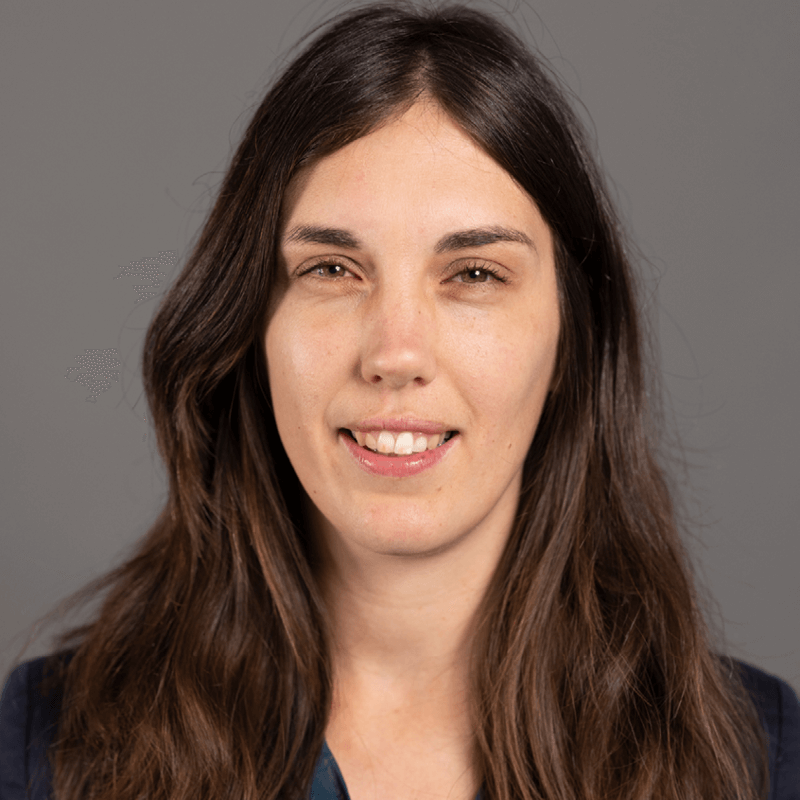We need a digital education revolution!
At the workshop “New Work Needs New Learning – how to shape the digital education revolution” organised by EdTech Austria, the ITG – Innovationsservice für Salzburg and the Land Salzburg at the Europäischen Forum Alpbach on Thursday, 26 August 2021, everything revolved around digital education. We invited top-class experts from business, politics, research and education to discuss how digital technologies can be optimally used in education.
Educational technologies can support learning. However, EdTech is not only suitable for preparing content better, but also for tailoring it to individual needs. “With digital technologies, teachers can respond much better to individual students and adapt lessons to their abilities,” explained Amelie Groß, Vice President of the Austrian Chamber of Commerce.
Jörg Dräger, board member of the Bertelsmann Foundation and former Minister of Education of Hamburg, gave an impressive example. A middle school in New York revolutionised mathematics teaching with the “School of One” programme of the New York City Department of Education. Not only were lessons digitised with learning videos and simulations, but also an individual curriculum for the next day was created for each student by evaluating the usage data of the digital teaching materials. The children at this school, many of whom came from socially precarious backgrounds, learned 50 per cent more mathematics content than the American average.
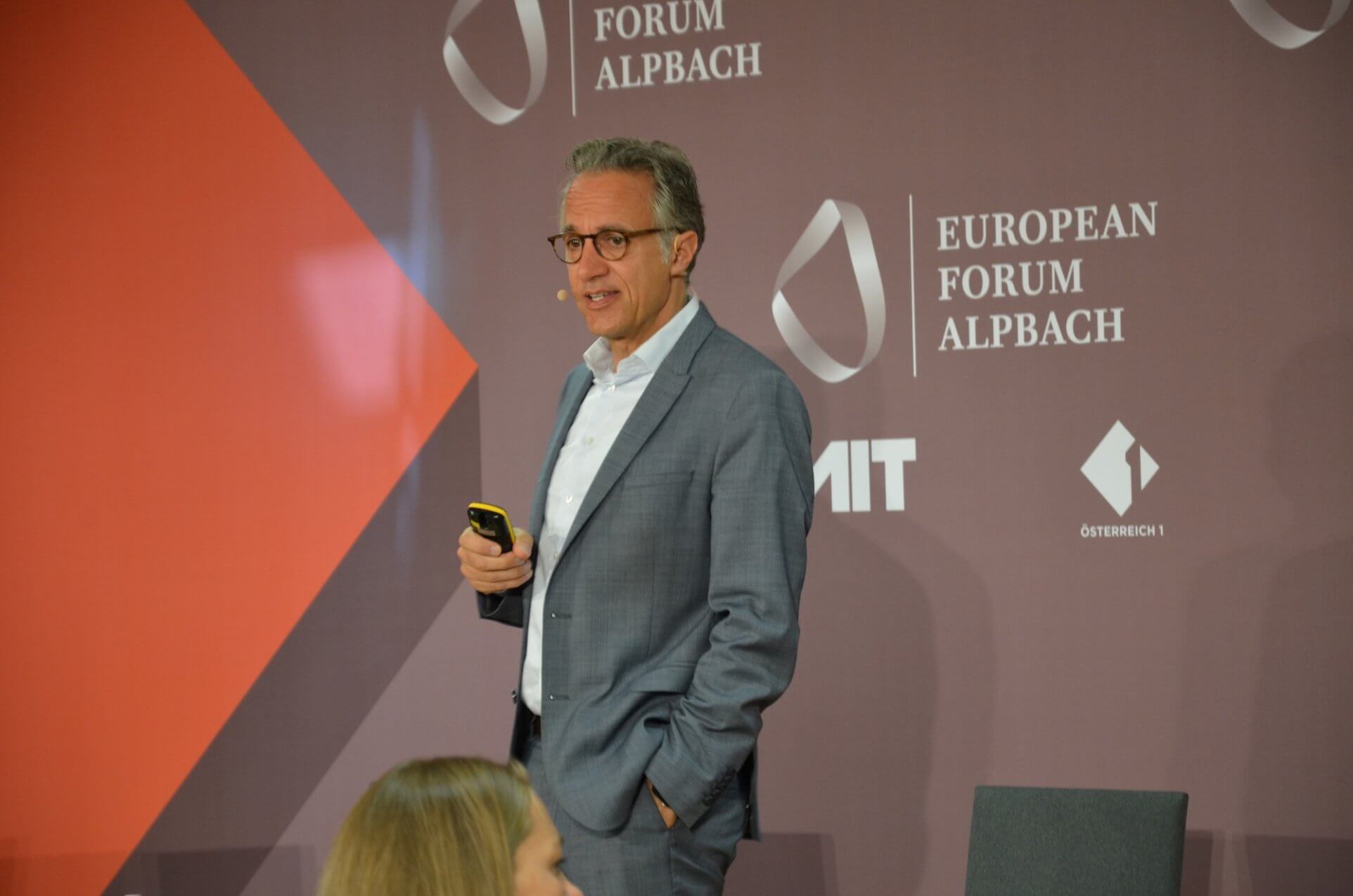
But the experts also show that EdTech can do much more. They also teach “21st century skills”, i.e. skills that are increasingly in demand for the future world of work – such as creativity, collaboration and problem-solving. “We need to ask ourselves what children should learn and how they should learn it,” said Märt Aro, founder of Estonian startup DreamApply and the Nordic EdTech Forums. “If we use our current knowledge about education from psychology and neuroscience, we can make learning better with technologies.”
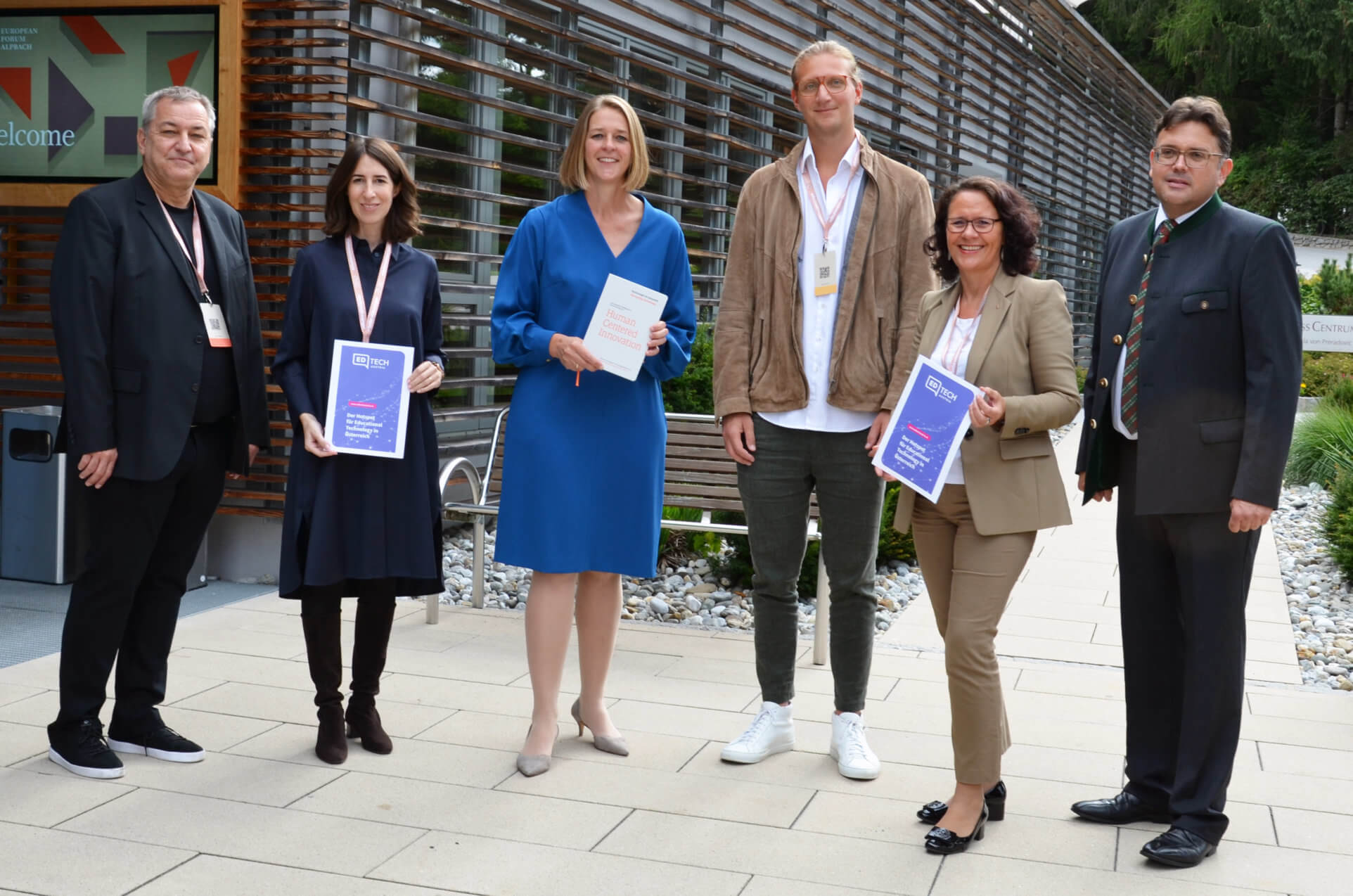
First the pedagogy, then the technology
It is important in the digital education transformation that people are in the foreground. Many teachers still find it difficult to deal with these technologies. They have to be brought on board by means of training and further education offers. “The digital transformation is not a technical one, but a pedagogical one,” said Jörg Dräger, summarising the challenges.
With technologies, experiences count. “Technologies must put people at the centre. Digital processes must be designed in a participatory way. Experiencing and empirical knowledge- that’s what makes learning successful,” explained Manfred Tscheligi, Head of the Center for Human-Computer Interaction in Salzburg and Head of Center for Technology Experience at the Austrian Institute for Technology. Experiences do not always have to be positive, because you also learn from failure.
The three Austrian founders of Audvice, GoStudent and Robo Wunderkind showed how digital education technologies can be designed. GoStudent, a digital tutoring portal, is Europe’s first EdTech Unicorn and is already active in over 20 countries worldwide. Robo Wunderkind enables children aged 5-12 to learn programming languages through play with toy robots. Audvice shows how further education can be innovatively designed in companies with an audio app that makes it easy to record and share knowledge within the company.
At the Alpbach Forum, the founders also put their fingers in the wound and pointed out that many developments in the EdTech sector bypass the school and university market. This applies to Austria, but also to the international market. The school sector is not a functioning market, schools cannot decide autonomously about teaching materials. That is why many EdTech companies are more successful when they do not directly address schools and universities. In addition, too little is invested in the further training of teachers in Austria. “In the USA, we have experienced that much more money is spent on further training,” said Anna Iarotska, founder of Robo Wunderkind.
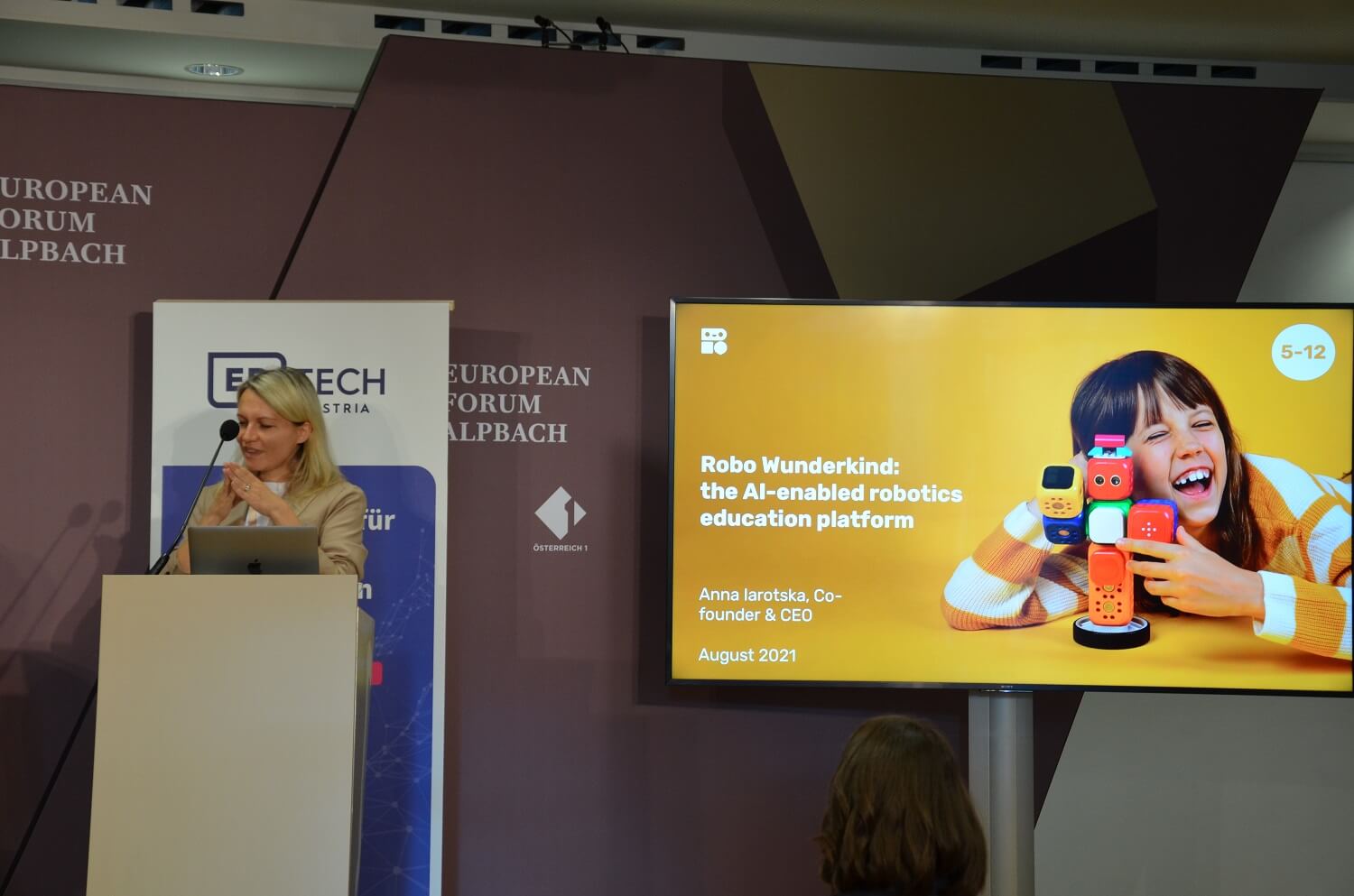
Austria’s package of measures for the digital school
In order to drive the digital transformation in schools even after the pandemic, the Austrian Federal Government is also taking measures. Margarete Schramböck, Minister for Digitalisation and Business Location, presented the three steps that are currently being implemented. These include the expansion of the infrastructure, such as nationwide WIFI in schools, the distribution of mobile devices as well as the training and further education of teachers with regard to digital tools.
However, digital learning goes beyond the realm of schools – it also affects universities, businesses and adult education. People need to keep learning in the fast-paced 21st century. Educational technologies can help them do this. “The digitalisation of adult education enables an interactive and personalised form of learning that is tailored to the needs and educational level of each individual. Salzburg’s companies are responding to this with optimism and drive, precisely because lifelong learning is a prerequisite in many professions. People’s needs are the focus, and new developments combine digitalised education with both personal contact and the fun of learning,” says Andrea Klambauer, Provincial Councillor for Adult Education in the Salzburg State Government.
Starting in Salzburg, EdTech Austria is working on a grand vision. “We want to make Austria a hotspot for digital education and Salzburg a model region. To achieve this, we are building a strong network with the various stakeholders and supporting the development, testing and applications of EdTech solutions,” said our project manager Hannes Aichmayr. Salzburg is already the second largest location for EdTech companies in Austria. “Salzburg has a strong network of education, research, politics, administration and business and is therefore well on its way to positioning itself as an EdTech hub,” said Daniela Gutschi, State Councillor for Education in the Salzburg State Government.
More articles
The following articles might also interest you.
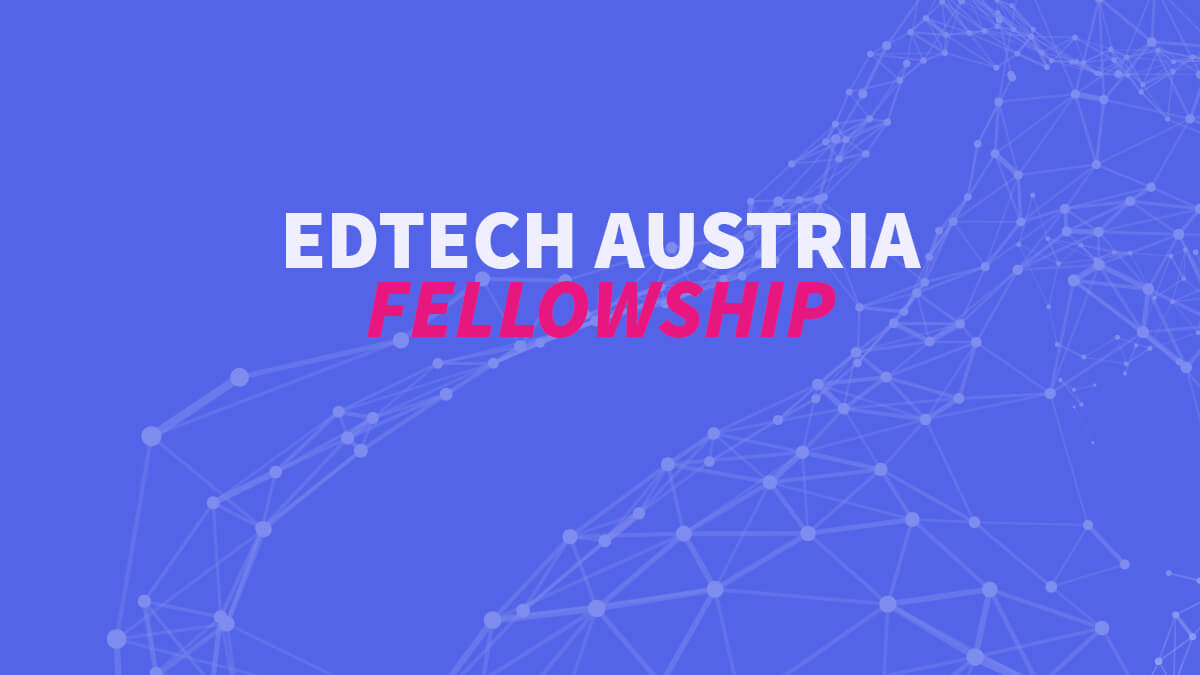
EdTech Austria Fellowship
24. October 2024
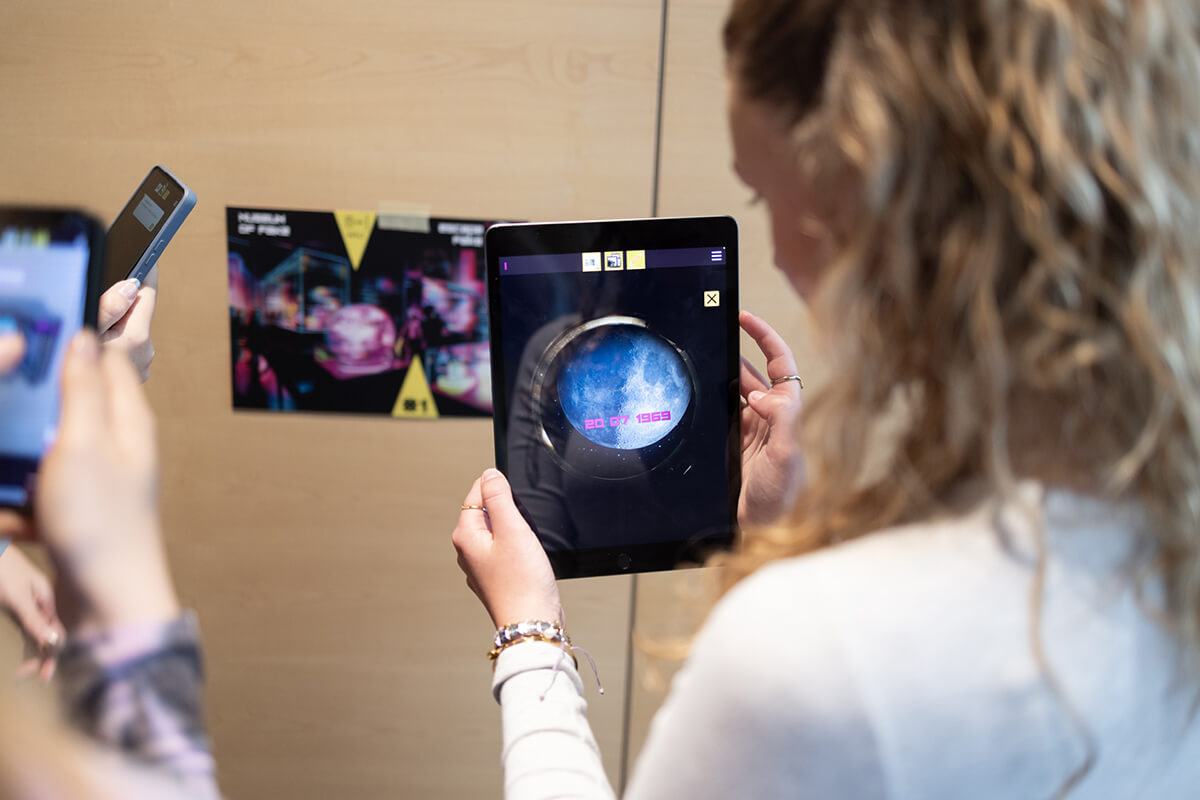
AR, VR and XR: Shaping Learning through Virtual Worlds
30. June 2025
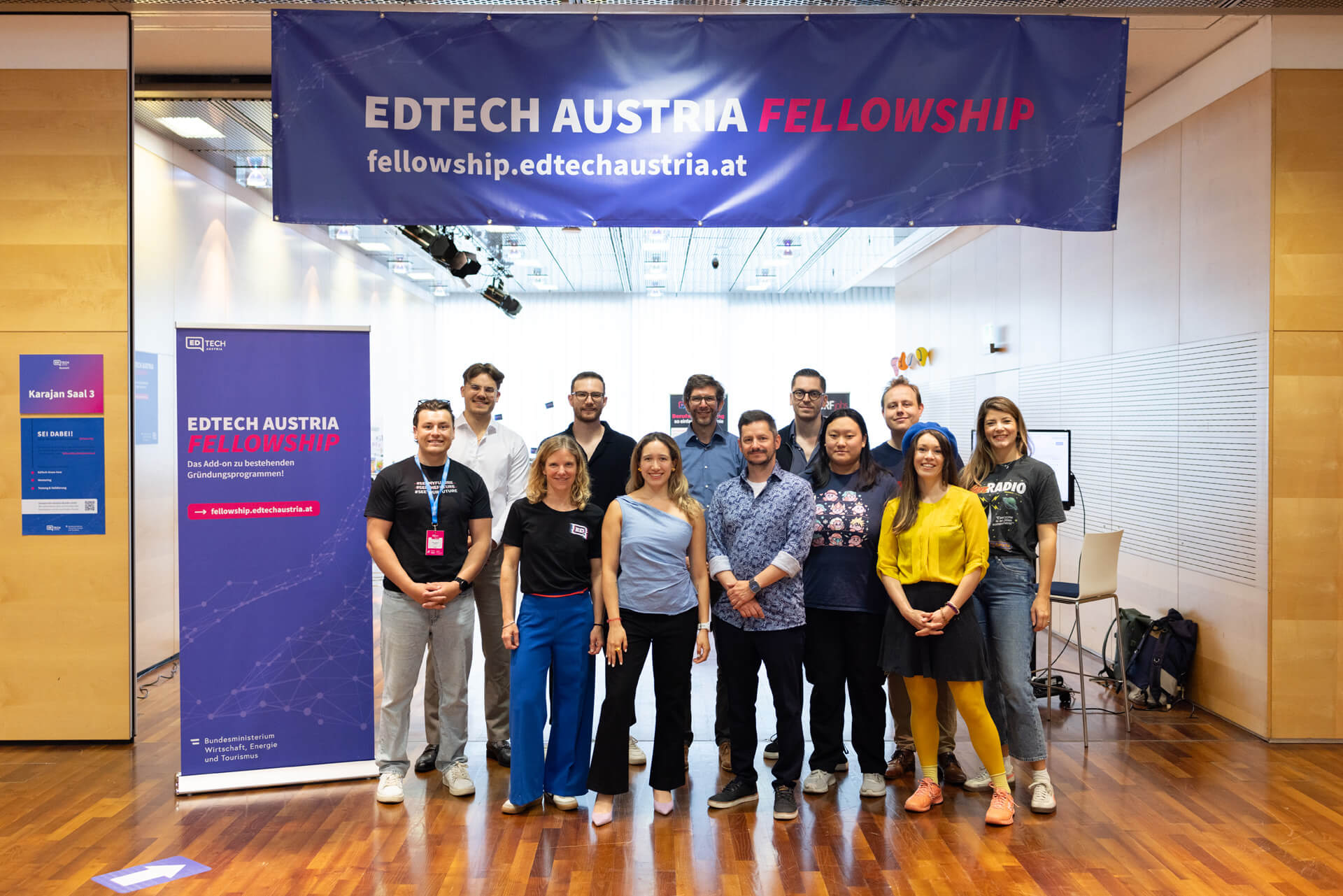
EdTech for all, all for EdTech – shaping the world of education together
18. June 2025
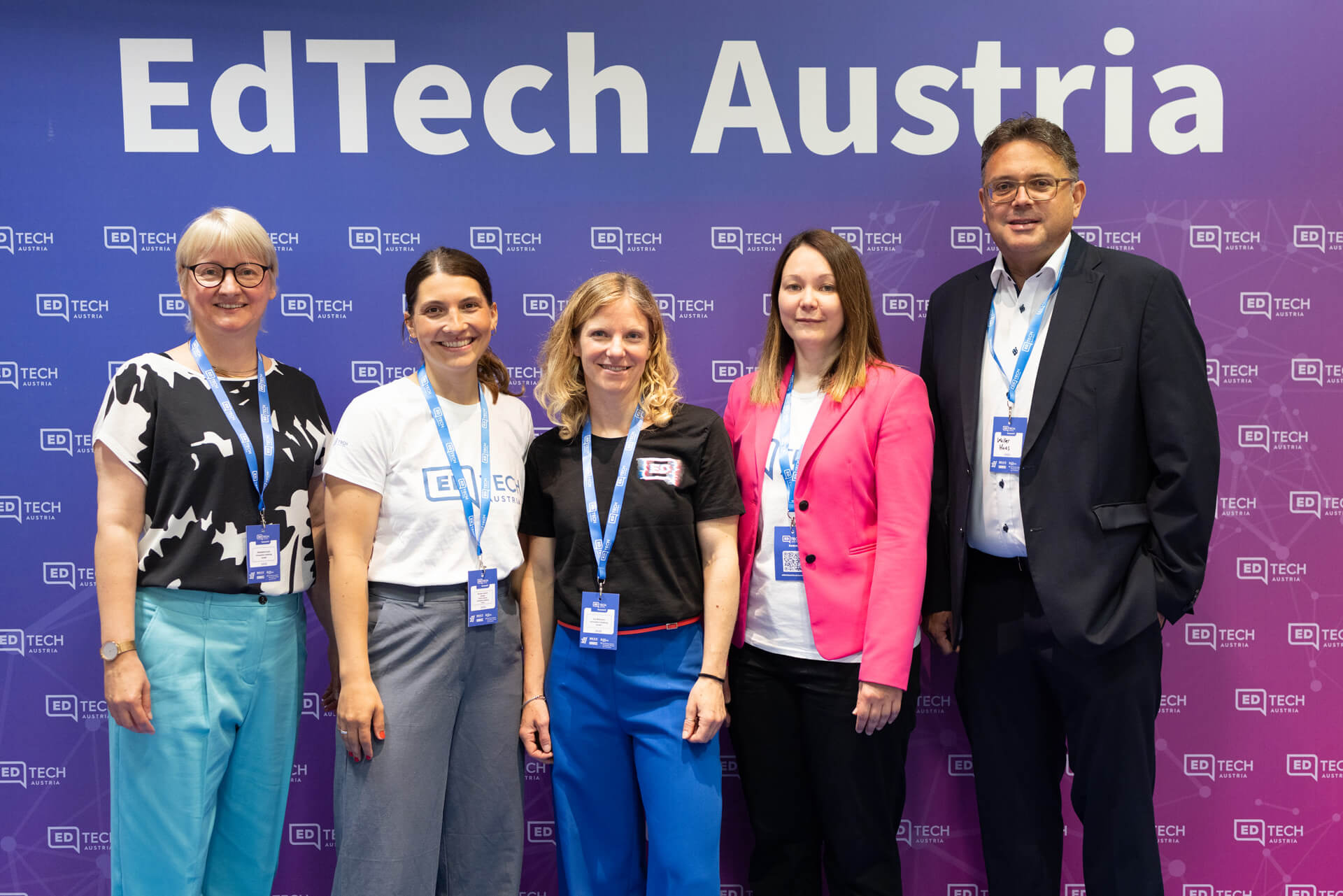
Real-World Practice Meets Innovation: The Fourth EdTech Austria Summit
3. June 2025
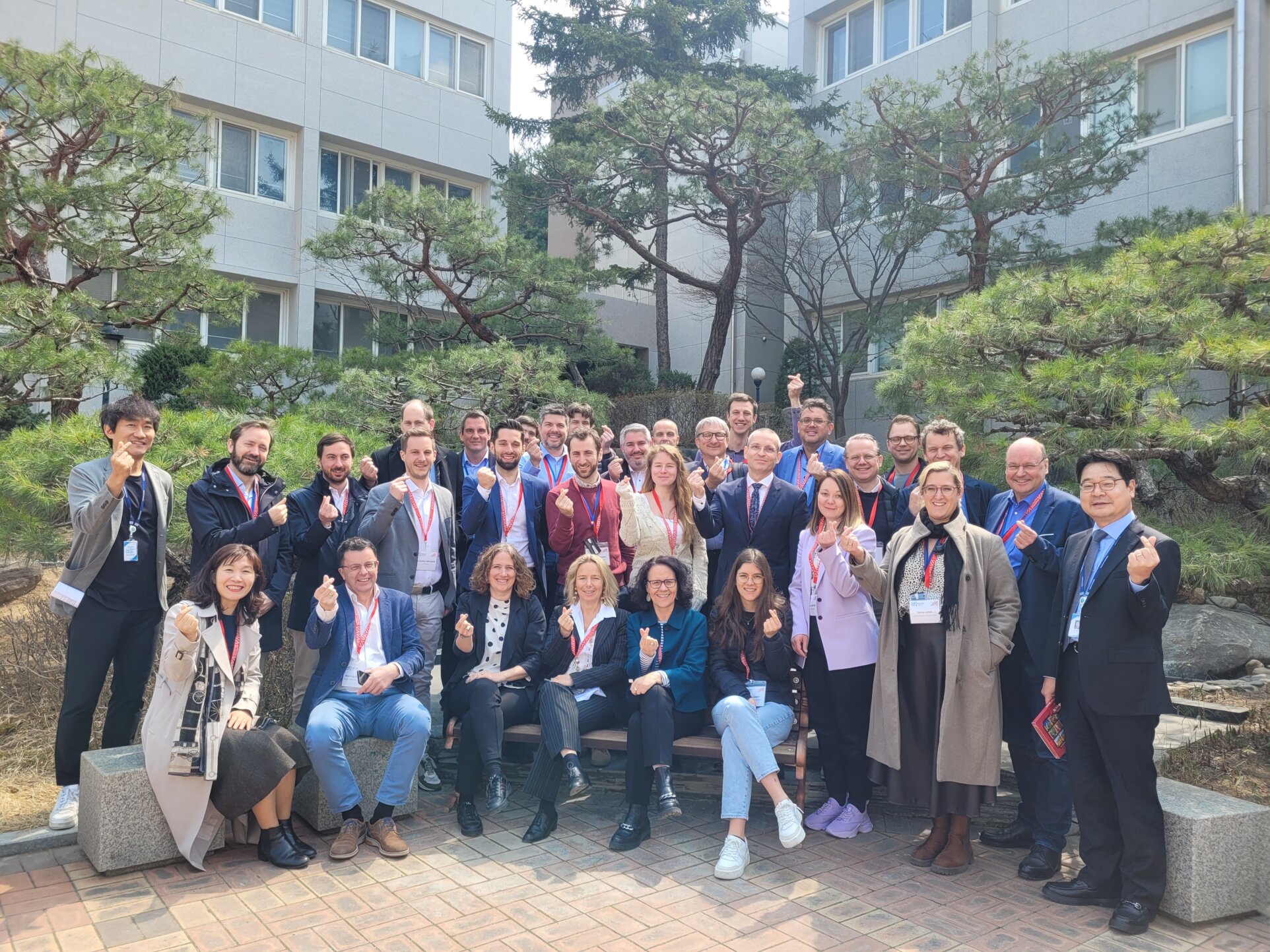
South Korea: How technology, culture and the courage to innovate are shaping education
30. April 2025

Lifelong Learning in Transition: Opportunities and Challenges of AI
17. January 2025
